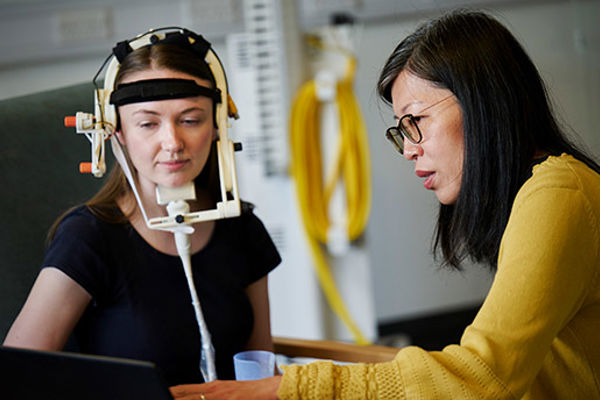
Accent Variation in Scotland
Interdisciplinary research on the use and reception of accents in Scotland.
The Clinical Audiology, Speech and Language (CASL) Research Centre at Queen Margaret University, Edinburgh undertakes methodological, applied and theoretical research.
Our multidisciplinary work addresses communication needs to promote wellbeing and facilitate full participation in society
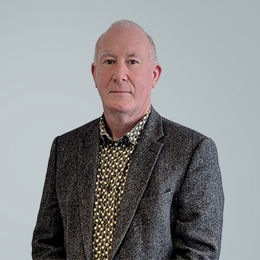

We are a multidisciplinary team of researchers at all career stages in the fields of speech, language, hearing, signing and swallowing.
We cover a broad range of methodologies and topics, with expertise in:
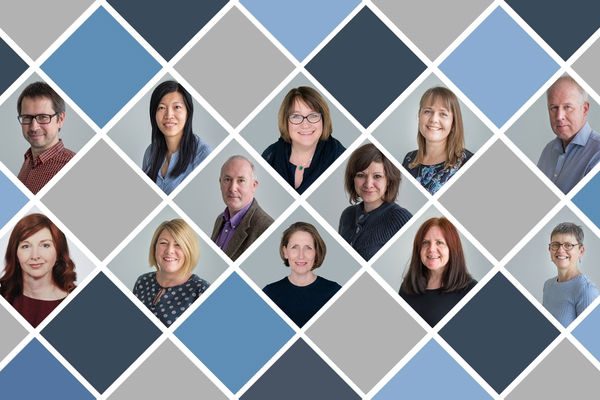

Interdisciplinary research on the use and reception of accents in Scotland.
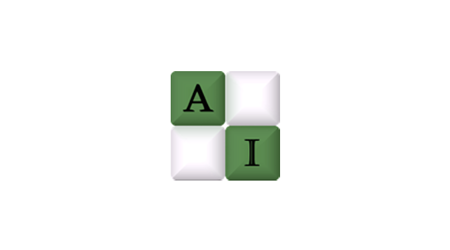
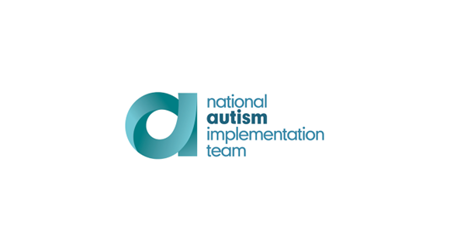
A practitioner-researcher partnership funded by Scottish Government.
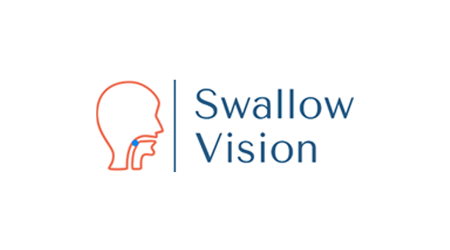
A project developing UltraSound Evaluation of Swallowing (USES) as a new clinical assessment.
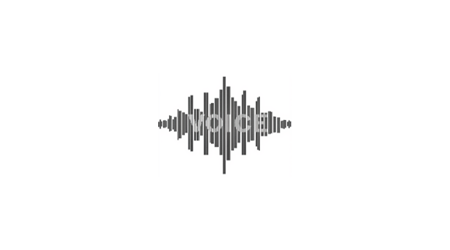
Basic, applied and clinical research on voice characteristics.
We are making a difference for:
To achieve positive impacts for these groups, we pursue collaborations, training and joint projects in partnership with NHS, third-sector and industry colleagues.
To help educate the next generation of therapists, we have taken a key role in developing teaching websites featuring extensive collections of instrumental and acoustic recordings of speech (Seeing Speech and Dynamic Dialects).
Clinical data from our research projects on articulation and swallowing provide a unique Open Science resource for student and clinician training.
Our PhD students make a vital contribution to the Centre's work and research culture.
Regular group mentoring sessions with the CASL directors and other QMU researchers (the PhD CASL Culture Club) reflect our desire to nourish a collaborative, multidisciplinary approach to research at all levels.
